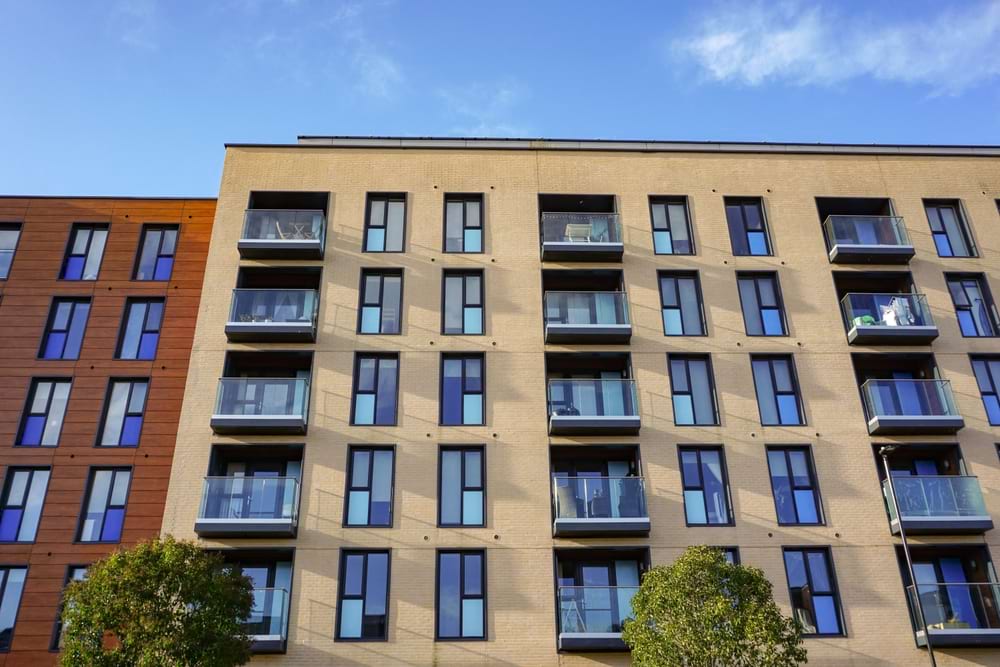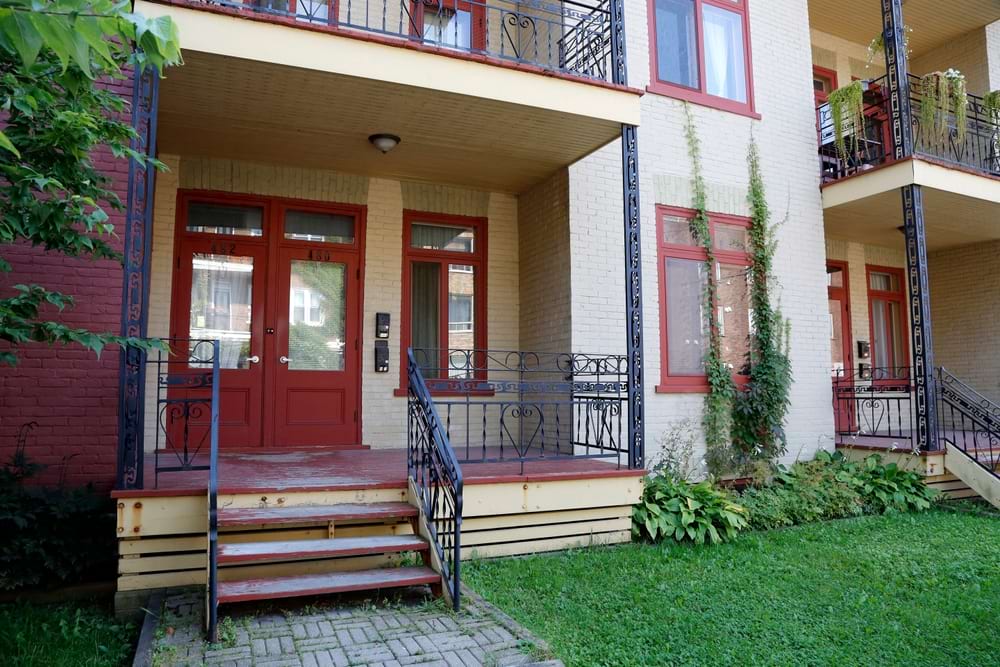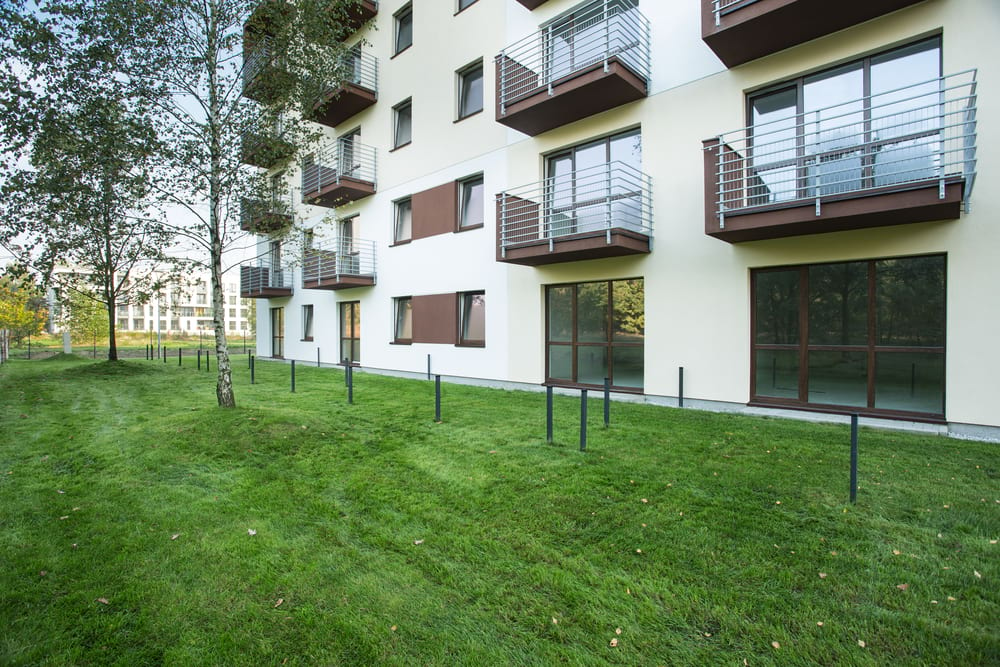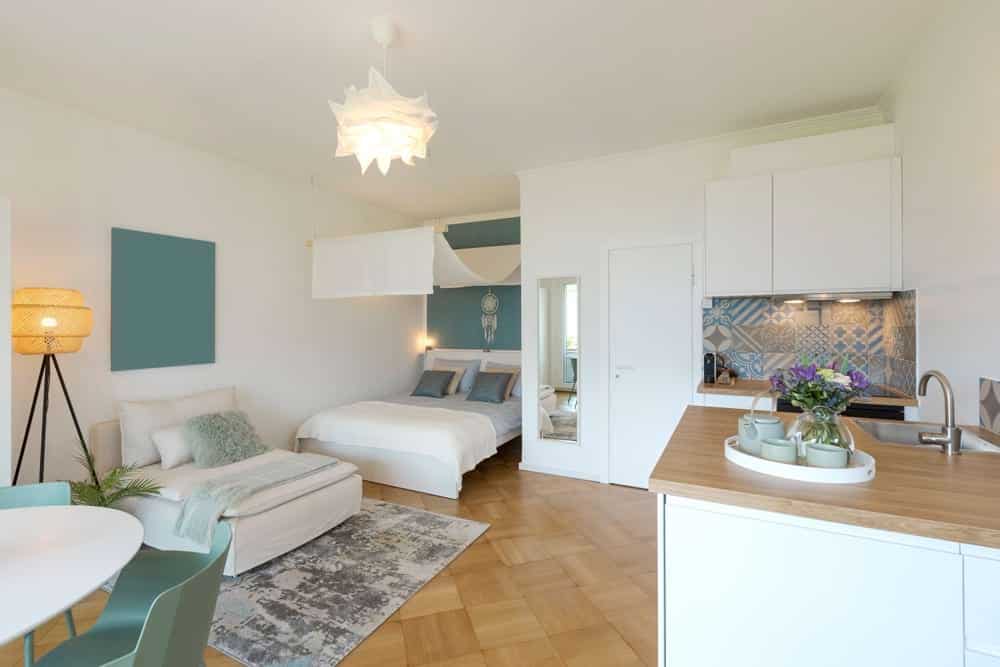There are many different ways to buy a property, one of which is via auction. Property auctions offer an accelerated purchase process to buyers who aim to acquire the house in a bidding war against one another. Typically, these auctions aim to liquidate assets quickly.
What is an Auction House?
As mentioned above, an auction house is is the business that does the selling, then there are houses sold at auction. For the buyer, purchasing a property at a hugely reduced price can seem more straightforward. However, the houses can frequently be in poor condition. Viewings of the property are organised before the auction; however, the buyer doesn’t always get the opportunity to see the house.
The contract is traded once the bidding is complete, meaning neither party can withdraw from the sale. At this point, the deposit is paid, typically 10% of the price agreed. After this, the buyer will have around 28 days to pay the remaining 90% and finish the payment. If this fails to be completed, then the deposit will be lost.
What causes someone to use an Auction House when selling?
Around 2.3% of house sellers will sell at auction instead of through an estate agent, and there are multiple reasons that a seller may choose this method. Sellers may need (or want) to sell their property faster, particularly in the case of ‘problem properties’, where buyers through estate agents are more reluctant to purchase these properties. Research suggests that regular properties sell for less at auction than they would through an estate agent. Still, problem properties can sell for a higher price. If these properties ‘stagnate’ on the market, it can scare potential buyers if they are for sale for an extended period and/or a reduction in price repeats.
The first reason someone may choose to sell a house at auction is that the process is much faster. These auctions usually last around 3-4 weeks, and upon completion of the process, there is a complete sale. Therefore, a faster sale is far more appealing for someone who needs to sell their property for liquidation purposes.
Not only this, but auctions tend to have a higher success rate. The buyers who attend the auctions are more experienced and usually more committed to purchasing a property. In addition, auctions are simpler for the seller as the process remains within a certain window, meaning that fewer external influences, such as estate agents and solicitors, are involved.
Disadvantages of using an Auction House
Whilst auction houses offer a faster process and a higher success rate, the main disadvantage is that the property will sell for less than it might should the seller have sold via an estate agent. Think of it as a compromise – the property sells much faster but sells for less. Another drawback for the seller is that the audience is limited. The main demographic of buyers are those who can afford the upfront cost of the property, as with traditional auctions, mortgage buyers aren’t able to purchase via this method.
Of course, this is a disadvantage for sellers, but for buyers, the prospect of a property at a cheaper, faster rate seems like a no-brainer. However, there are drawbacks for the buyer, too. As previously mentioned, the buyer has a limited window to view the property, and should they not be available during this period, they may end up bidding on the house, having never seen it. There is a large risk to using an auction house.
How common is using an Auction House?
Property auctions have been increasing in the last decade, but this trend seems to have become even more apparent in the last year. Research suggests that between 2022 and 2023, the number of properties going to auction increased by 11.3%. This meteoric rise hasn’t just happened overnight. Over the last decade, the value of the property auction sector has increased by nearly 30%, highlighting the constant growth.
The increasing popularity of the ‘modern method of auction’ means using an auction house has become more common. The modern method requires a lower ‘reservation’ (deposit) after the auction of 5% of the total price. This is followed by 28 days in which the buyer has to exchange contracts, with an additional 28 days to finalise and complete the purchase.
An arguably more popular alternative to using an auction house is selling your property directly to a cash-buying company. These organisations do not take a percentage of your sale, and they can complete the transaction in an extremely quick timeframe—often within 7 days. If you pick a reputable company with lots of previous satisfied customers, you should still receive the same excellent level of customer satisfaction. Get in touch if you want to know more.
Do Auction Houses take a percentage of sales?
Usually, yes. The Auction Houses will take a commission percentage, typically ranging between 2% – 3.5% (and upwards of this), measured by the value of the final bid from the buyer. This fee is taken due to the facilitation of the auction, as well as the speed and convenience with which it took place. This is broken down by the following costs:
- Auction Listing Fees
- Marketing & Administration Costs
- Buyer’s Premium Fees
The buyer may incur additional costs during the process, which can be hidden within the complexities of the auction. Therefore, it is important to analyse the terms and conditions of each Auction House. These can differ from auction to auction and property to property, so it is recommended that you conduct sufficient research before bidding.
How to find out whether an Auction House is reliable
As we have established, 2.3% of properties sold in the UK are sold at auction. As a result, there isn’t just one company or auction house; multiple specialise in specific housing auctions. Establish the type of property that you are interested in—this is a good starting point before narrowing down the attributes of the specific auction house you are choosing.
It is essential to consider location and avoid getting bogged down in the numbers. Just because one auction house has sold the most properties doesn’t mean it’s the best choice. For example, an auction house based in the Midlands may sell half of its properties around the Midlands area but only sell 2% of its properties around London.
In addition, customer service is integral to a company’s reliability. Particularly if you are more inexperienced in this field, having quick and efficient contact with members of a customer service team is very important, particularly given the pace at which the auction process takes place. Smaller auction houses might offer more specialised and specific help to your situation rather than generalised advice. This is a good indicator as to the reliability of an auction house and whether it should be one that you trust.



















